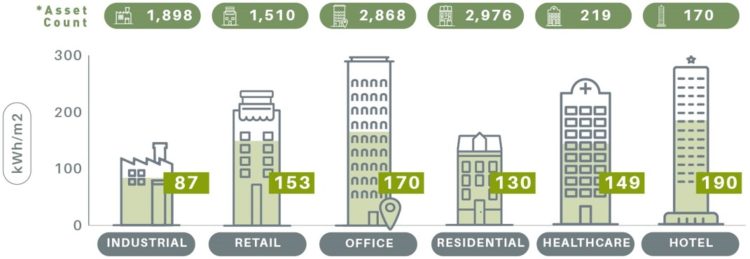A range of socio-cultural, economic and environmental issues must be considered and balanced to ensure the sustainability of development projects. These include the use of energy and water in the development and operation of hotels as well as the moral, ethical, social and political impact of taking action.
A sustainability strategy is the planned set of actions to be taken in order to positively impact the environment or society. Sustainability as a business strategy calls for consideration of the prevailing and changing social and cultural norms, values and practices.
Sustainability and sustainability strategies depend on local socio-cultural, economic and environmental factors. Each project stakeholder benefits differently along the different stages of its life cycle.
The business case for sustainability establishes the business benefits to sustainable development and the greening of hotel operations. The benefits for a business include cost savings, competitive advantage, employee loyalty, customer retention, regulatory compliance, and risk management.


Sustainability in business is commonly justified in terms of:
- Increased profit margins through utility savings;
- Increased revenue through meeting consumer preference and reduced reputational risk;
- Future-oriented investment strategies;
- Protection against regulatory risk and benefit from regulatory incentives;
- Increased validation and value through sustainable building certification; and
- Long-term energy supply.
Developers, owners, lenders, operators, franchisors, investors, employees and the community all benefit from sustainability in development projects. To achieve sustainability, the stakeholders must understand, adopt and implement the applicable sustainability principles:
- Social sustainability – Ethical social responsibility and promotion of equality, well-being and social justice;
- Economic sustainability – Equitable and fair distribution of economic resources; and
- Environmental sustainability – Protection and restoration of natural resources, habitats and ecosystems.
